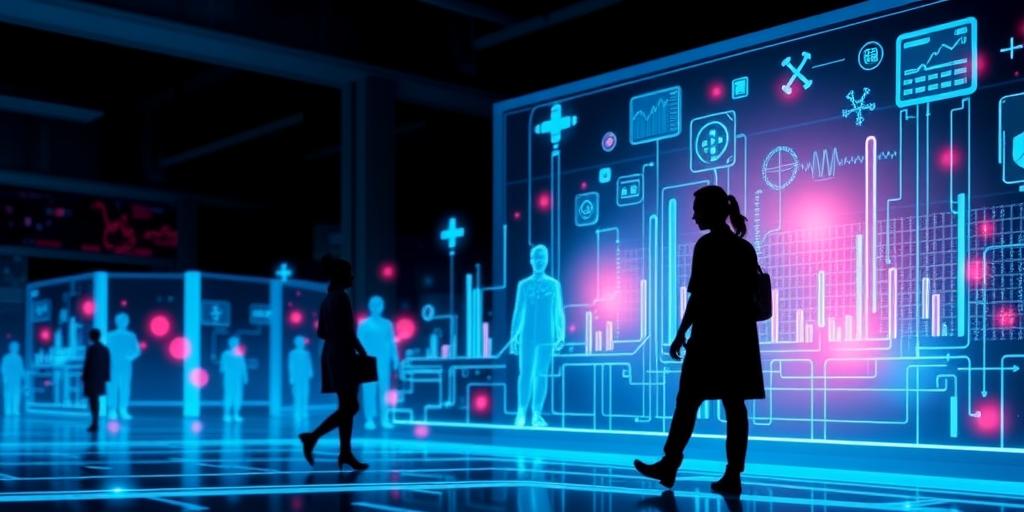Healthcare is undergoing a seismic shift, fueled by relentless innovation and groundbreaking advancements. From AI-powered diagnostics to personalized medicine, the buzz around these developments is palpable. Let's dive into some of the most exciting trends reshaping the future of healthcare.
AI in Diagnostics: A Game Changer Artificial intelligence is no longer a futuristic fantasy; it's a present-day reality in healthcare. AI algorithms are now capable of analyzing medical images (X-rays, MRIs, CT scans) with remarkable accuracy, often surpassing human capabilities. This leads to earlier and more accurate diagnoses, especially in fields like radiology and pathology. Imagine a world where diseases are detected in their earliest stages, dramatically improving patient outcomes.
Personalized Medicine: Tailoring Treatment to the Individual The era of one-size-fits-all medicine is fading. Personalized medicine, also known as precision medicine, leverages an individual's genetic makeup, lifestyle, and environment to tailor treatments. Pharmacogenomics, a key component, studies how genes affect a person's response to drugs. This allows doctors to prescribe the most effective medications and dosages, minimizing side effects and maximizing therapeutic benefits. Personalized medicine promises to revolutionize how we approach disease management.
Telehealth and Remote Monitoring: Healthcare at Your Fingertips Telehealth has exploded in popularity, driven by convenience and necessity. Virtual consultations, remote patient monitoring, and mobile health apps are transforming healthcare delivery. Patients can now access medical expertise from the comfort of their homes, saving time and travel costs. Remote monitoring devices, such as wearable sensors, track vital signs and provide real-time data to healthcare providers, enabling proactive intervention and preventing hospitalizations. Telehealth is particularly beneficial for patients in rural areas or those with mobility issues.
The Role of Robotics in Surgery and Rehabilitation Robotics is playing an increasingly important role in surgery and rehabilitation. Robotic-assisted surgery offers enhanced precision, minimally invasive techniques, and faster recovery times. Robots can perform complex procedures with greater dexterity and control, reducing the risk of complications. In rehabilitation, robotic exoskeletons and assistive devices help patients regain mobility and independence after injuries or strokes. Robotics is pushing the boundaries of what's possible in surgical and rehabilitative care.
The Future is Now The convergence of AI, personalized medicine, telehealth, and robotics is creating a healthcare ecosystem that is more efficient, accessible, and patient-centric. While challenges remain, such as data privacy and regulatory hurdles, the potential benefits of these innovations are undeniable. As technology continues to advance, we can expect even more transformative changes that will improve the health and well-being of people around the world.









